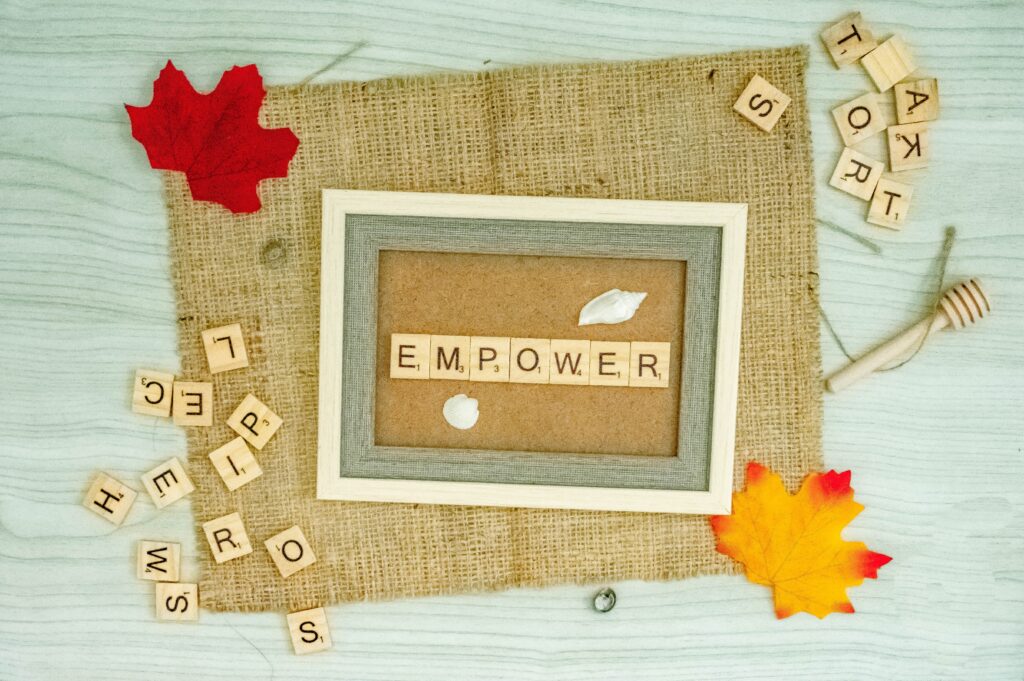
3 minute read
Bipolar Disorder is as difficult for the patient as it is a challenge for their family. Just when you believe everything is going well, you encounter a “bump in the road” and you are off in a different direction. You as the caregiver must understand that these changes in behavior are biological and not related to your or the behaviors of others, circumstances or stress.
The Changing Landscape
Through all of these “ups and downs” you as the primary caregiver and advocate need to stand steadfast and share your concerns with the medical team of doctors and nurses. You should request frequent updates with the assigned social worker and the medical team, so you can be aware of current the treatment plan.
You as the husband, wife, or child know the detailed behavioral history of your mother, sibling or significant other. You know their pattern of behaviors, their triggers and signs that the mania has returned. This information is critical in providing the needed insights that the medical team require.
As a caregiver, if your family member is hospitalized, you need to schedule regular meetings with the attending physicians and the social worker who supervises your loved one’s case. They are an important link to the physicians and to the outside community where the aftercare will take place.
When the doctors discuss possible discharge, you need to know the medication regime and if you need professional assistance to manage the individual and keep them safe. With Bipolar Disorder, it is not if it will come back, it is when. We had seven years of stability before a recurrence due to a medical change.
As patients get older, their brain chemistry changes and there could be a need to adjust the medications. You can’t ever get complacent, the demons are always lurking in the dark, ready to strike. We as caregivers along with the doctors must have a plan and be ready to respond should the disease return. The stress on our bodies and minds is relentless, so we must include in our plans time for ourselves. We must maintain our health, both physical and emotional, so we can be there for significant other.
Building Your Support Team
You as the caregiver suffer along with the patient. You see and feel the ups and the downs, and it saps your emotional strength and impacts your energy level. Sometimes you may even feel rejected by your loved one.
Having a behavioral professional to speak with is critical to your own emotional health. It provides an outlet for your frustrations and someone who can guide you through the emotional journey.
The stress of being a caregiver can magnify any emotional weakness you may have and that needs to be addressed before it immobilizes you. It is important to take your emotional temperature on a regular basis and be prepared to take a timeout and have someone share the caregiving activities with you. If possible, you need to build a team to provide the care.
Never knowing what to expect when you visit is another emotional hurdle. One day your significant other is rebounding and the next day they are withdrawn, confused and sad. Being that you have such a deep emotional bond, you tend to reflect their emotional status. Many times, you are called upon to put on a “happy face” when inside you are scared, angry at the disease and emotionally drained.
In some instances, you feel guilty that you can’t do more, but such is the nature of this disease. It is a brain disorder, over which you have no control. You just need to be there for your spouse, child or even friend and let them know they are not forgotten. It’s amazing how your mood will change when you have a good visit and the interactions are positive, when your spouse thanks you for being there for them.
Making physical contact by holding hands, kissing, and rubbing their hands and feet with lotion, provide a level of physical contact that shows you care for them and their wellbeing. It elevates both your moods and gives you hope. When visiting my wife in the hospital one evening a woman passed me wearing a t-shirt which stated, “Hope is stronger than fear”. I agree, if you don’t have hope, you have nothing.
The Battle Never Ends
The battle never ends until the demons of Bipolar Disorder are managed and controlled. The patient learns through therapy to live with the disorder and the challenges it presents.
As caregivers we fight for each day for our loved ones against these demons. Every additional day, whether at home, in the after program or in the hospital is a small victory. Life is too precious to give up fighting for the one you love and cherish. Should there be a loss, the collateral damage is considerable. Friends, relatives and even doctors will examine their souls and ask, “what more could have been done?” The answer is “there is no answer.” As with many diseases, a defeat at the hands of the demon is not an acceptable outcome. But we will continue to fight for those who are afflicted with this h

Leave a Reply